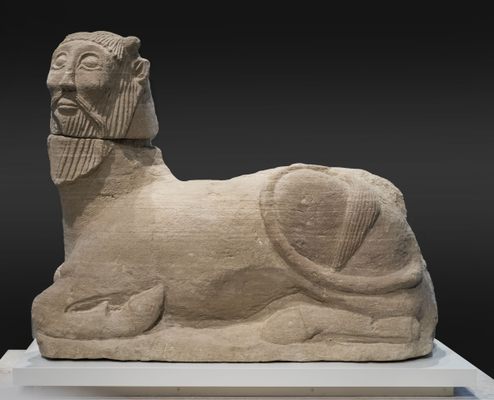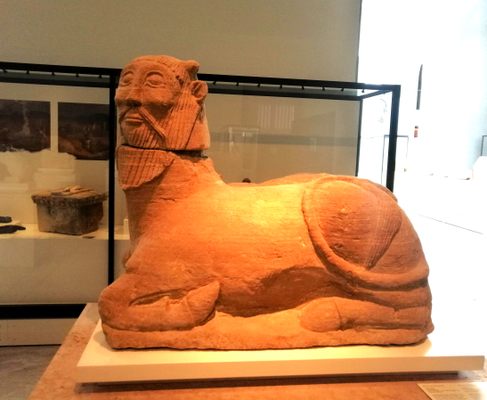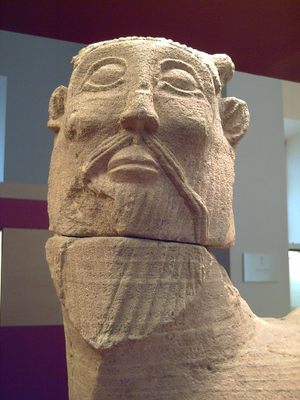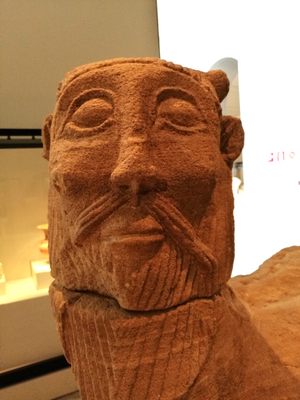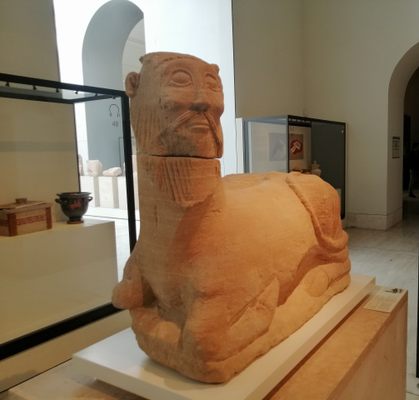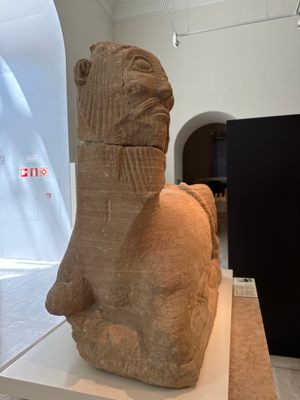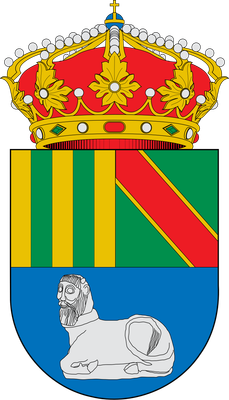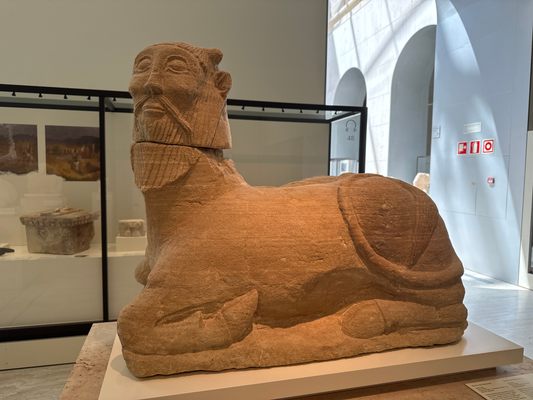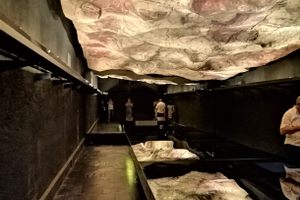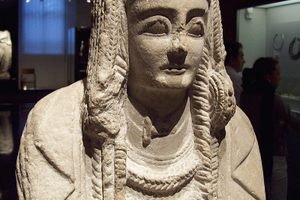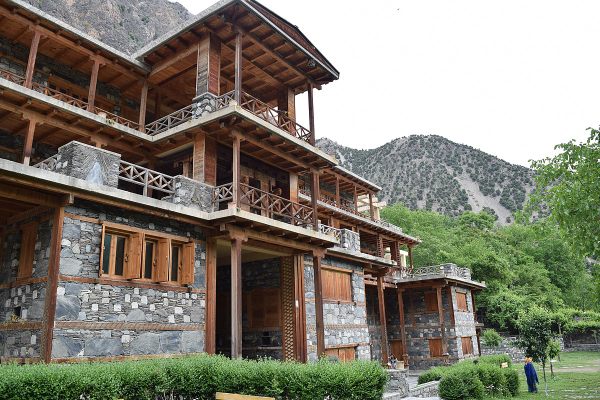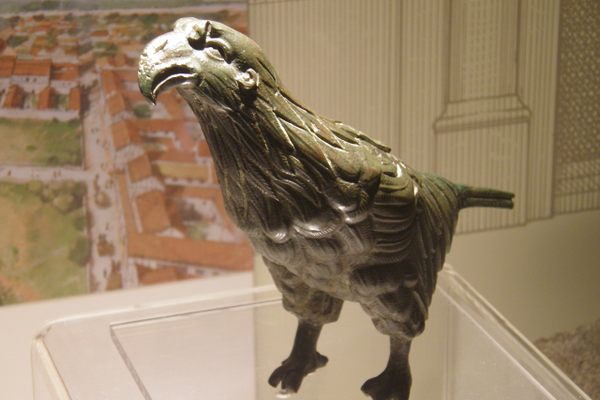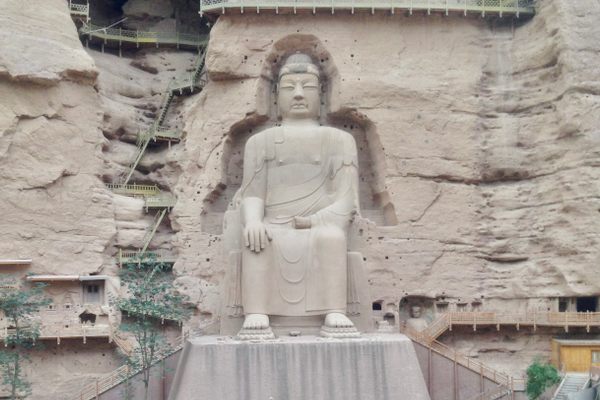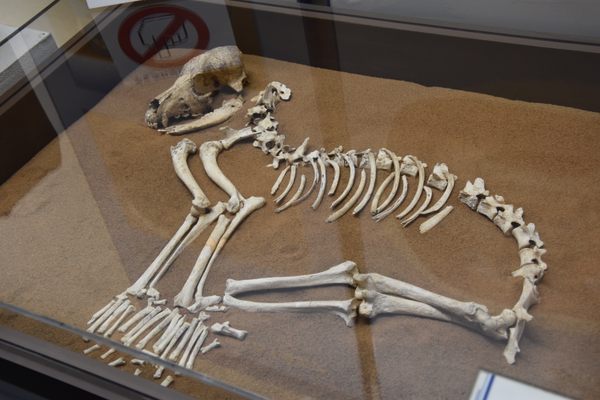About
This strange limestone sculpture has a prominent place in the collection of the Archaeological Museum of Madrid. It has been dated between the fifth and the sixth centuries B.C. and depicts a hybrid creature with the body of a bull and the head of a human with animal features.
The piece was discovered in June 1879 when a resident of Balazote near Albacete, Isidro López, gave the city's Archaeological Commission a strange figure that was already called bicha (a popular word for a grotesque and ugly being) because of its singularly strange appearance. The body was shaped like a bull (though it was previously thought to be a deer) and the head was that of a bearded man, turned towards the viewer and slightly raised. On the head were a set of small horns and bull ears.
It presented a challenge, since the style was not in harmony with the types of sculpture that prevailed in the Iberian Peninsula. Its meaning and the purpose for which it was sculpted are also not very clear. It is believed to be the personification of a river. In classical Greece, the deity Achelous, who embodied the Peloponnese river of the same name, was depicted as a bull. It has been thought that the Bicha's mustaches are reminiscent of waves or winding river paths. Its smooth back also indicates that it was adjacent to a funerary monument, where it perhaps was meant to ward off evil.
Related Tags
Know Before You Go
Museo Arqueológico Nacional
By tube: L4. Colón and Velázquez stations
By bus: Lines 15,28,53,71 and 203
By Commuter Train: Recoletos station
Published
July 17, 2024
